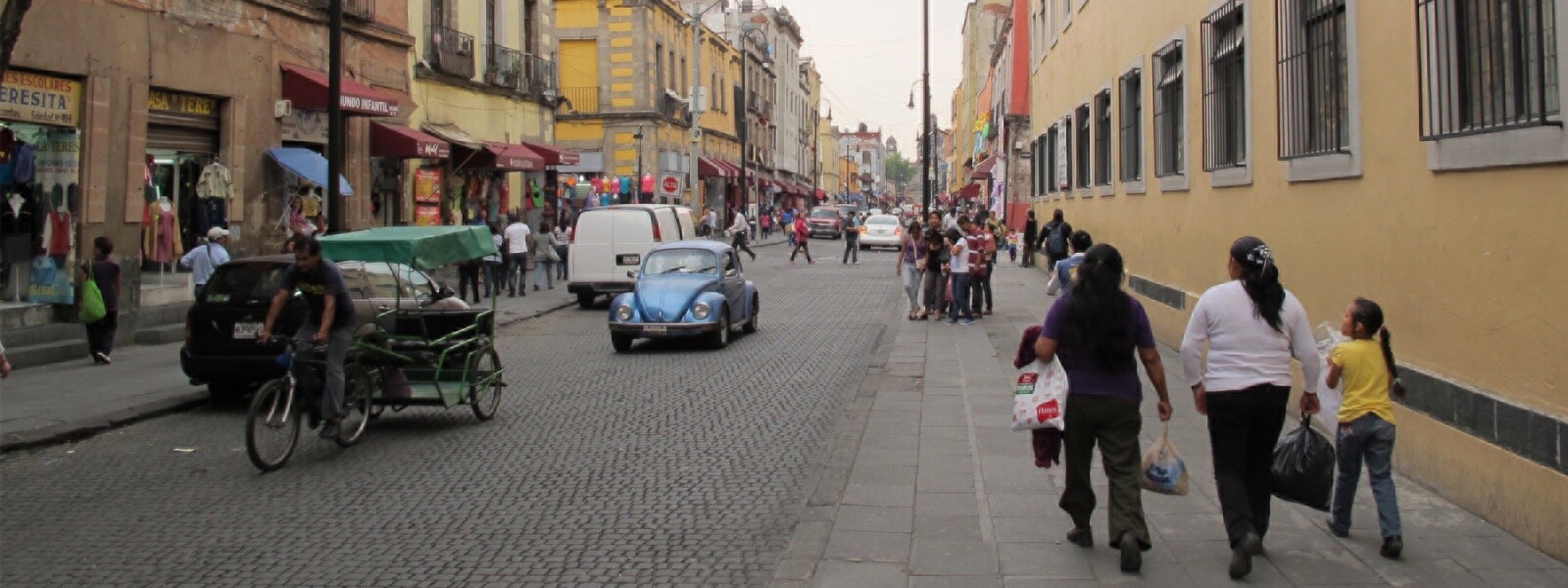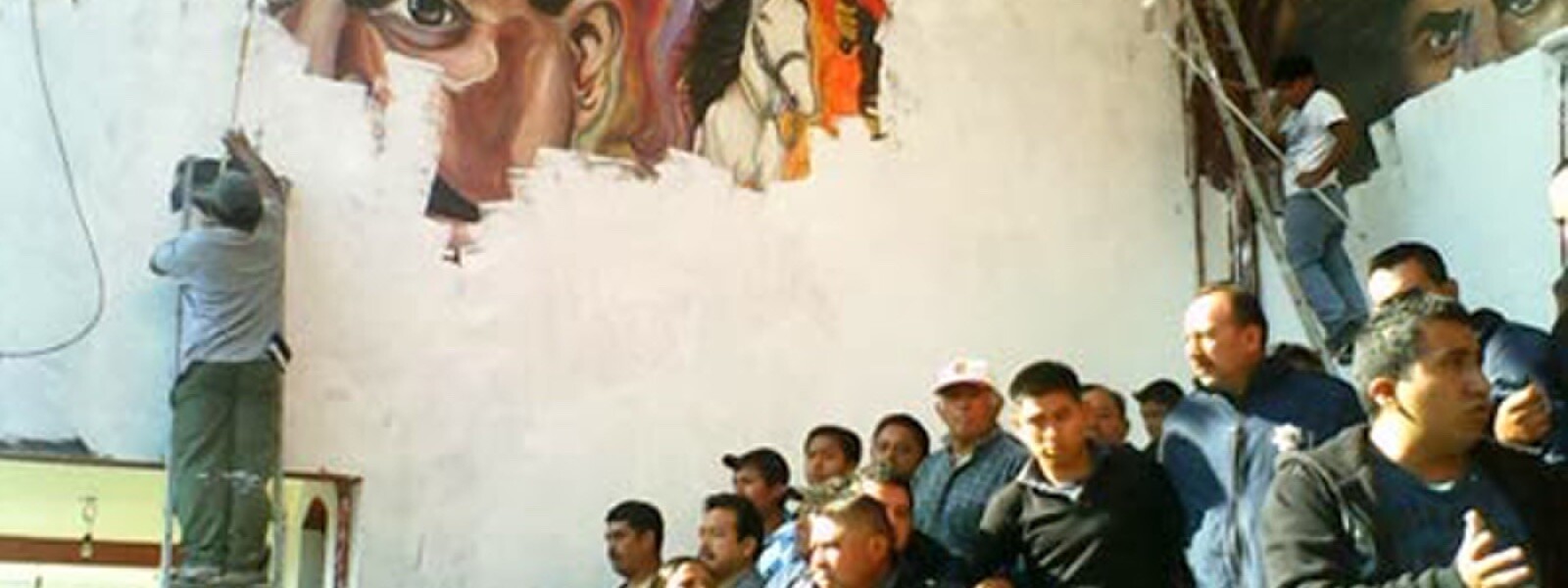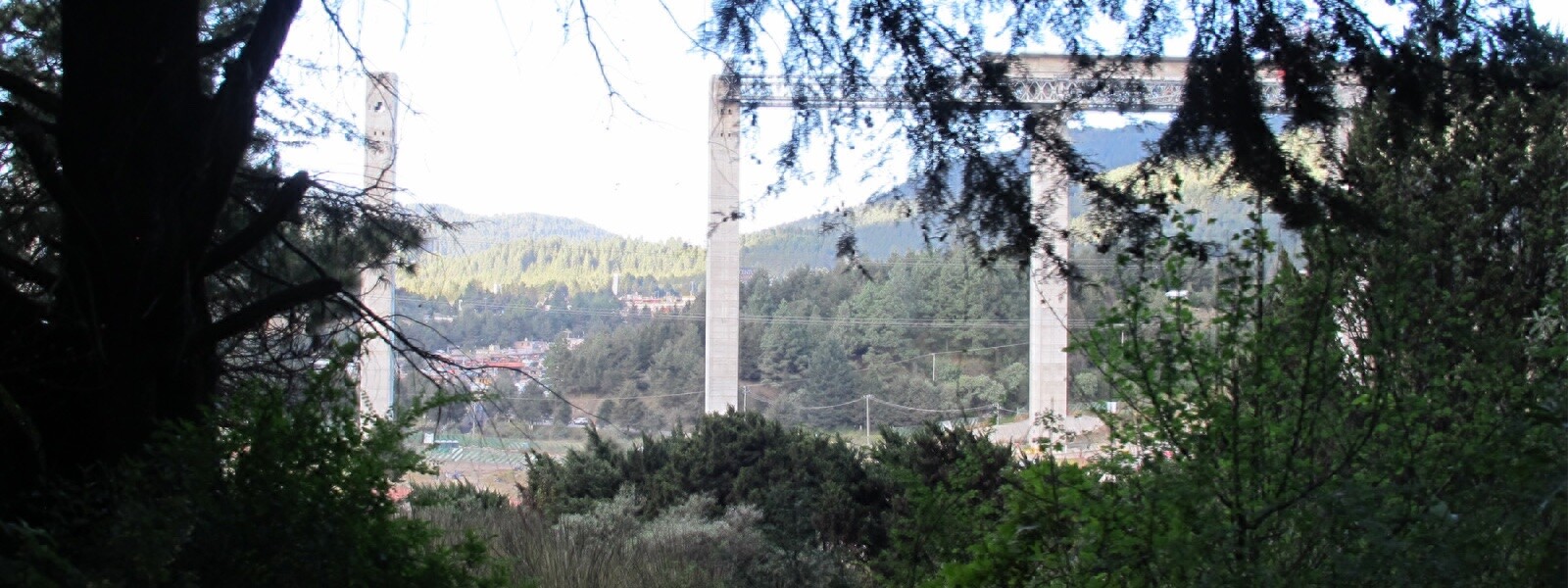Reinvestment and intensification are common processes in many urban areas across the world. These transformations are often analyzed with concepts such as ‘urban regeneration’, ‘urban renaissance’, or ‘gentrification’. However, in analyzing Shimokitazawa (Tokyo), Centro Histórico (Mexico City), and Downtown Los Angeles, we realized that
these concepts do not fully grasp the qualitative changes of everyday life and the contradictory character of the urbanization processes we observed. They do not take into consideration the far-reaching effects of these processes, and particularly do not address the underlying key question: how is urban value produced? Therefore, we have chosen a
different analytical entry point to these transformations, by focusing on the production, reproduction, and incorporation of the intrinsic qualities of the urban. We found Lefebvre’s concept of ‘urban differences’ and Williams’ concept of ‘incorporation’ particularly useful for analyzing our empirical results. In this contribution, we compare the ‘incorporation of urban differences’ in the three case study areas and offer this concept for further discussions and applications.
Hanakata, Naomi C., Streule, Monika, Schmid, Christian (2022) Incorporation of urban differences in Tokyo, Mexico City, and Los Angeles, City 26.5-6, 791–819. DOI: 10.1080/13604813.2022.2126231



